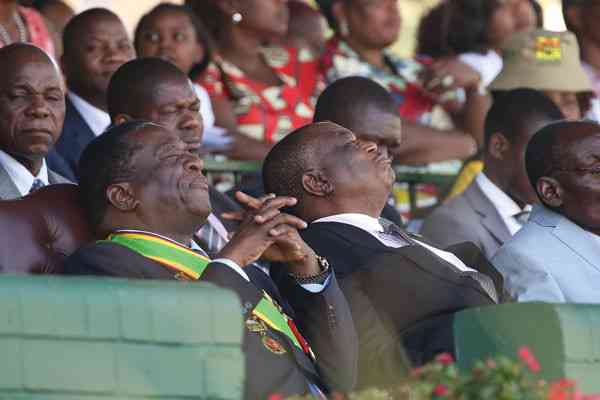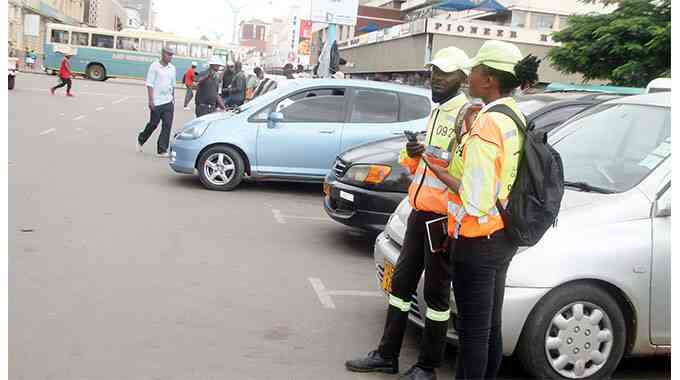
ZANU PF’s cell restructuring exercise has exposed a serious rift among loyalists rooting for President Emmerson Mnangagwa and his deputy Constantino Chiwenga as they seek to control party structures.
The ruling party is torn by factionalism centred on the succession debate after Mnangagwa said he would leave office at the end of his constitutionally-mandated two terms in 2028.
Despite Mnangagwa stating three times that he will leave office at the end of his second and final term, loyalists, coalescing around the ED2030 slogan, want the Constitution to be amended so that he remains in office beyond 2028.
Zanu PF is set to hold its annual people's conference in October amid indications that the succession debate will dominate proceedings.
The number of delegates has been reduced from previous years’ attendees in what observers say is a reflection of the deep-rooted factional wars in the party.
The party’s cell verification began on June 17 with the deployment of senior party members to oversee the exercise in all the 10 provinces.
Zanu PF party’s provincial executives submitted their cell reports to the national office last week and sources in the commissariat department said the exercise was marred by chaos because of factional fights.
“Depending on who controls a district between the two leaders, cells were manipulated in that respect,” a source said.
- Big send-off for Cont Mhlanga
- Massive ZRP vehicle theft scam exposed
- Zanu PF bigwigs face axe in purge
- Village Rhapsody: Health workers’ grievances need permanent solution
Keep Reading
“The fight is on the control of districts and ultimately the provinces so that whoever wants to succeed Mnangagwa has a [solid] base.”
The sources said district co-ordinating committees were also targeted and predicted a “real fight” as the party heads towards 2028 where a group of loyalists want Mnangagwa to stay put.
Branch executive committees were tasked with physical restructuring of cells and villages within their respective jurisdictions under the guidance of district and provincial leaders.
Mnangagwa on Wednesday last week challenged party leaders to “oppose statements and actions that undermine or distort our correct line of the revolution.”
Speaking during a Zanu PF politburo meeting, Mnangagwa cautioned against forces threatening the party’s unity and the nation’s stability.
“All moves to damage the interests of the people of our great motherland tamper with our unity, social harmony, development interest, sovereignty, security and overall national stability should be decisively dealt with,” he said.
Zanu PF national spokesperson Christopher Mutsvangwa said he was not able to comment on the matter as he was out of the country.
Zanu PF information director Farai Marapira referred NewsDay to political commissar Munyaradzi Machacha.
Machacha was, however, not reachable for comment.
Zanu PF national secretary for security Lovemore Matuke also referred NewsDay to Machacha.
“The spokesperson of the party is Chris Mutsvangwa, he is the only person who can comment on that. He will explain that issue so that you have a correct narrative. Machacha can also comment on that, we only deal with cases that we need to investigate, so the issue of structures is not my department. But have not heard of any reports of chaos.”
Machacha recently told this publication that there were defeated candidates who were refusing to concede, pushing to reclaim influence and stirring unrest within party ranks during the cell verification exercise.
Zanu PF has been plagued by internal conflicts and power struggles throughout its history.










